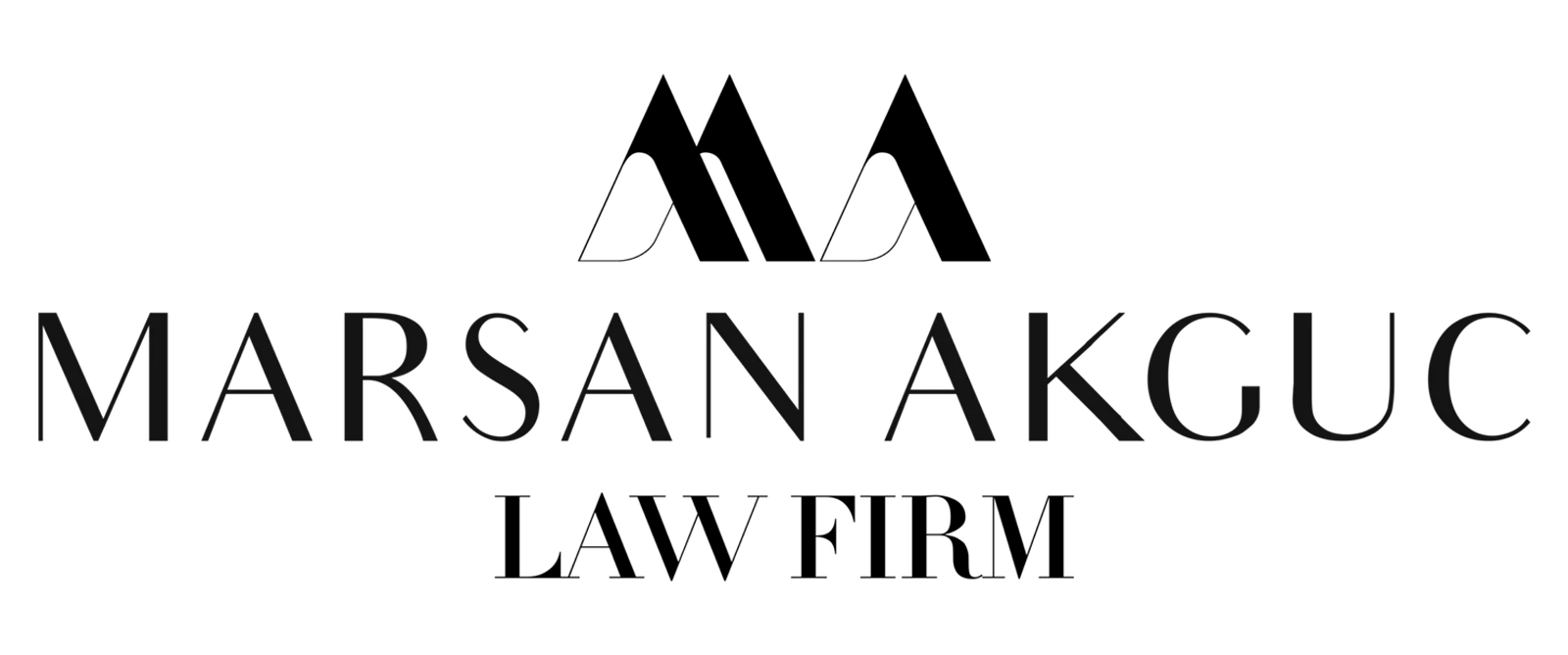For many skilled professionals around the world, working in the United States is a lifelong dream. However, navigating the complex visa and immigration system can be overwhelming. Fortunately, certain employment-based visa categories such as the H-1B and H-1B1 offer a more direct path for individuals with specialized education and expertise.
Both visas fall under the category of “Specialty Occupation” classifications, designed for workers who hold at least a bachelor’s degree or equivalent professional experience. Yet, despite their similarities, the two visas differ significantly in eligibility, validity, and application process.
This article from Marsan Akguc Law explains how the H-1B and H-1B1 visas compare and which may be right for your situation.
What Is the H-1B Visa?
The H-1B visa is one of the most well-known employment-based, non-immigrant visas in the United States. It allows U.S. employers to hire foreign professionals in specialized fields such as technology, engineering, finance, healthcare, and education.
To qualify, an applicant must hold at least a bachelor’s degree or higher in a field directly related to the offered position.
If the applicant lacks formal academic credentials, equivalent work experience may count toward the degree requirement typically, three years of professional experience equates to one year of college education.
Because it is an employer-sponsored visa, the U.S. company must first file a Labor Condition Application (LCA) with the Department of Labor and a Form I-129 Petition for a Nonimmigrant Worker with U.S. Citizenship and Immigration Services (USCIS).
H-1B Cap and Lottery
The H-1B visa is subject to an annual numerical cap of 65,000 visas per fiscal year, with an additional 20,000 slots reserved for applicants holding a U.S. master’s or higher degree.
Employers must register during the H-1B lottery window each spring, and only those selected may proceed with filing the full petition.
Cap-Exempt H-1B Employers
Certain employers are exempt from the cap, including:
- Institutions of higher education
- Nonprofit organizations affiliated with universities
- Government-funded research institutions
Validity and Extensions
The H-1B visa is initially granted for three years and can typically be extended to a total of six years.
One of the most valuable aspects of H-1B status is its dual intent feature, meaning holders can apply for permanent residency (Green Card) while maintaining their nonimmigrant visa.
Family Members
Spouses and unmarried children under 21 can accompany H-1B holders under the H-4 visa category. In certain cases, H-4 spouses may obtain work authorization.
What Is the H-1B1 Visa?
The H-1B1 visa is a lesser-known but highly specialized variant of the H-1B program. It was created through the U.S.–Singapore Free Trade Agreement (FTA) and U.S.–Chile FTA, both effective since January 1, 2004.
The H-1B1 category is exclusively available to citizens of Singapore and Chile and serves the same purpose as the H-1B: allowing professionals to work temporarily in specialty occupations within the United States.
Eligibility and Application
Applicants must hold a bachelor’s degree (or equivalent) in a relevant field and have a legitimate job offer from a U.S. employer.
H-1B1 applicants may apply directly at a U.S. consulate in their home country,alternatively, they can file Form I-129 with USCIS from within the United States for a change or extension of status.
Visa Cap
The H-1B1 visa also has an annual quota of 6,800 total visas split between:
- 5,400 for Singaporean citizens
- 1,400 for Chilean citizens
If these numbers are not used within the fiscal year, unused H-1B1 numbers are returned to the H-1B cap for the same fiscal year.
Duration and Renewals
The H-1B1 visa is granted for one year at a time but can be renewed indefinitely in one-year increments.
This flexibility allows professionals to continue working in the U.S. long-term, as long as they maintain valid employment and status.
However, unlike the H-1B, the H-1B1 visa is not dual intent, meaning applicants must demonstrate that they do not intend to immigrate permanently when applying.
Family Members
Similar to H-1B holders, H-1B1 visa holders may bring their spouses and unmarried children under 21 to the United States. Dependents enter under the H-4 category, which covers spouses and unmarried children under 21 of H-1B and H-1B1 principals.
H-1B vs. H-1B1: A Detailed Comparison
| Category | H-1B Visa | H-1B1 Visa |
|---|---|---|
| Eligible Nationalities | Open to citizens of all countries (subject to cap) | Only citizens of Singapore and Chile |
| Annual Cap | 65,000 + 20,000 for U.S. advanced degree holders | 6,800 total (5,400 for Singapore, 1,400 for Chile) |
| Initial Validity | 3 years | 1 year |
| Extensions | Up to 6 years total (with exceptions for Green Card applicants) | Renewable indefinitely in 1-year increments |
| Dual Intent | Yes (can apply for Green Card) | No (must prove non-immigrant intent) |
| Filing Method | Employer files Form I-129 with USCIS | Applicant may apply directly at a U.S. consulate or file Form I-129 for change/extension of status |
| Premium Processing | Available | Available for USCIS I-129 filings; not for consular issuance |
| Typical Use | Global talent across industries | Chilean and Singaporean professionals under Free Trade Agreements |
Choosing the Right Visa for You
If you are a citizen of Chile or Singapore, the H-1B1 may be a faster and more flexible option, especially since it bypasses the annual H-1B lottery.
However, if you plan to pursue permanent residency in the United States, the H-1B visa provides the strategic advantage of dual intent and longer initial validity.
For all other nationalities, the standard H-1B program remains the appropriate pathway for specialty employment in the U.S.
Professional Guidance from Marsan Akguc Law
The differences between the H-1B and H-1B1 visas may seem subtle, but they carry major implications for your career trajectory and immigration goals.
At Marsan Akguc Law, our experienced immigration attorneys advise professionals, employers, and investors on the most effective visa strategies based on nationality, career goals, and long-term plans.
We can help you:
- Evaluate eligibility for H-1B or H-1B1 status,
- Prepare the necessary filings and documentation,
- Navigate cap registration or FTA-based application procedures, and
- Plan future transitions to permanent residency.
Contact Marsan Akguc Law today for a consultation.
We’ll help you determine the right path to live and work legally in the United States efficiently, strategically, and with confidence.

